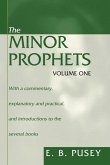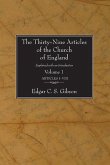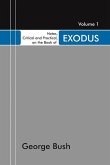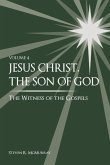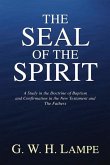This commentary on the Four Gospels - the Catena Aurea, or 'Chain of Gold' - is a useful and insightful today as it was when Thomas Aquinas compiled it in the mid-thirteenth century. For each segment of the Gospels he lined up a sequence (the chain of the title), of paragraph-length comments from the writers of the Early Church. This relatively unknown treasure trove is a gift to the preacher, or to anyone who wants to reflect on the Gospels in the company of the church fathers. The way Aquinas arranges his material, following sections in the Gospel text (what a biblical scholar might call a 'pericope'), usually aligns with lectionary portions even today. Thomas Aquinas (1225-1274) is revered by Roman Catholics as their 'universal' doctor or teacher, and is also highly studies and respected today by Protestants and Anglicans, as one of the greatest of all Christian thinkers. He is well known for his skill in synthesizing theological and philosophical insights, but his greatness also rests on his knowledge of patristic sources, which was remarkably wide for his time: he knew a good many early Greek Christian traditions, as well as to the Latin traditions that might be more obviously for a Western European of his time. He brought his capacious knowledge of those sources to bear in compiling this work, collecting what he saw to be the most illuminating and spiritually productive comments on the Gospels. Unusually, Aquinas goes out of his way to attribute his sources (although more recent scholarship occasionally has to put him right on that score). Recent decades have seen a revival of interest in the biblical commentary of the church fathers, reflected for instance in the ongoing publication of two major patristic commentaries by Eerdmans and InterVarsity Press. They too present a chain of excerpts for each section of the scriptural text, as contemporary witnesses to the value of this approach. Aquinas's Catena, dating from the mid-twentieth century, stands out in the history of the church as a perennially useful example of this kind of commentary. Compiled by the greatest son of the Order of Preachers, no preacher today could fail to be aided and enlightened by it.
Hinweis: Dieser Artikel kann nur an eine deutsche Lieferadresse ausgeliefert werden.
Hinweis: Dieser Artikel kann nur an eine deutsche Lieferadresse ausgeliefert werden.


